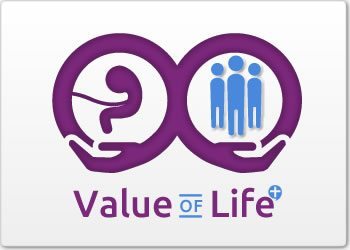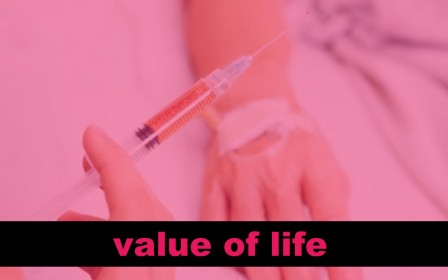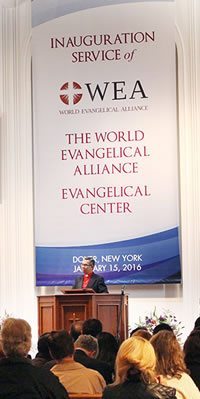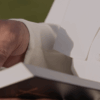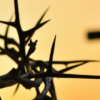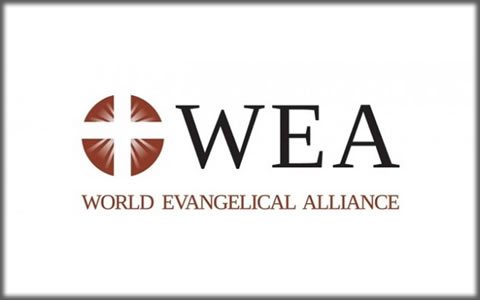
by NZ Christian Network | 6 Mar , 2016 | NZCN, WEA
Participants at WEA’s International Leadership Forum (ILF) in Seoul, Korea, prepared a statement on the situation of the divided Korea. ‘A Message of Goodwill from the WEA to All the People of Korea’ was adopted unanimously by all those who voted on Friday, March 4, 2016.
A Message of Goodwill from the WEA to All the People of Korea
We, the participants at the 2016 International Leadership Forum of the World Evangelical Alliance, meeting in Seoul, Korea, come with goodwill towards all the Korean people who live in this peninsula. Each day millions of evangelicals around the world pray for the Korean people on both sides of the DMZ.
We share a common humanity with you. We are all made in God’s image. God, our creator, yearns for all of us to reflect His love and care for one another. In that we all fall short.
In the spirit of reconciliation that Jesus entrusted to us, we pray for all the Korean people and the leaders of both governments that throughout this peninsula there will be peace and harmony.
All our nations bear the scars of history and strife of previous generations, which we all regret and none of us would have chosen. We want to be those who heal the wounds of the past and leave a lasting legacy of peace for our children and future generations.
We pray that the governments both in and outside the peninsula may be guided by God to undertake peacemaking initiatives in a spirit of mutual respect, not of condemnation. We commit ourselves to pray that the God of peace will be with all those who undertake these difficult tasks, which appear to be impossible in our own strength but with God’s help we can achieve lasting peace.
WEA International Leadership Forum
Seoul, Korea, March 4, 2016
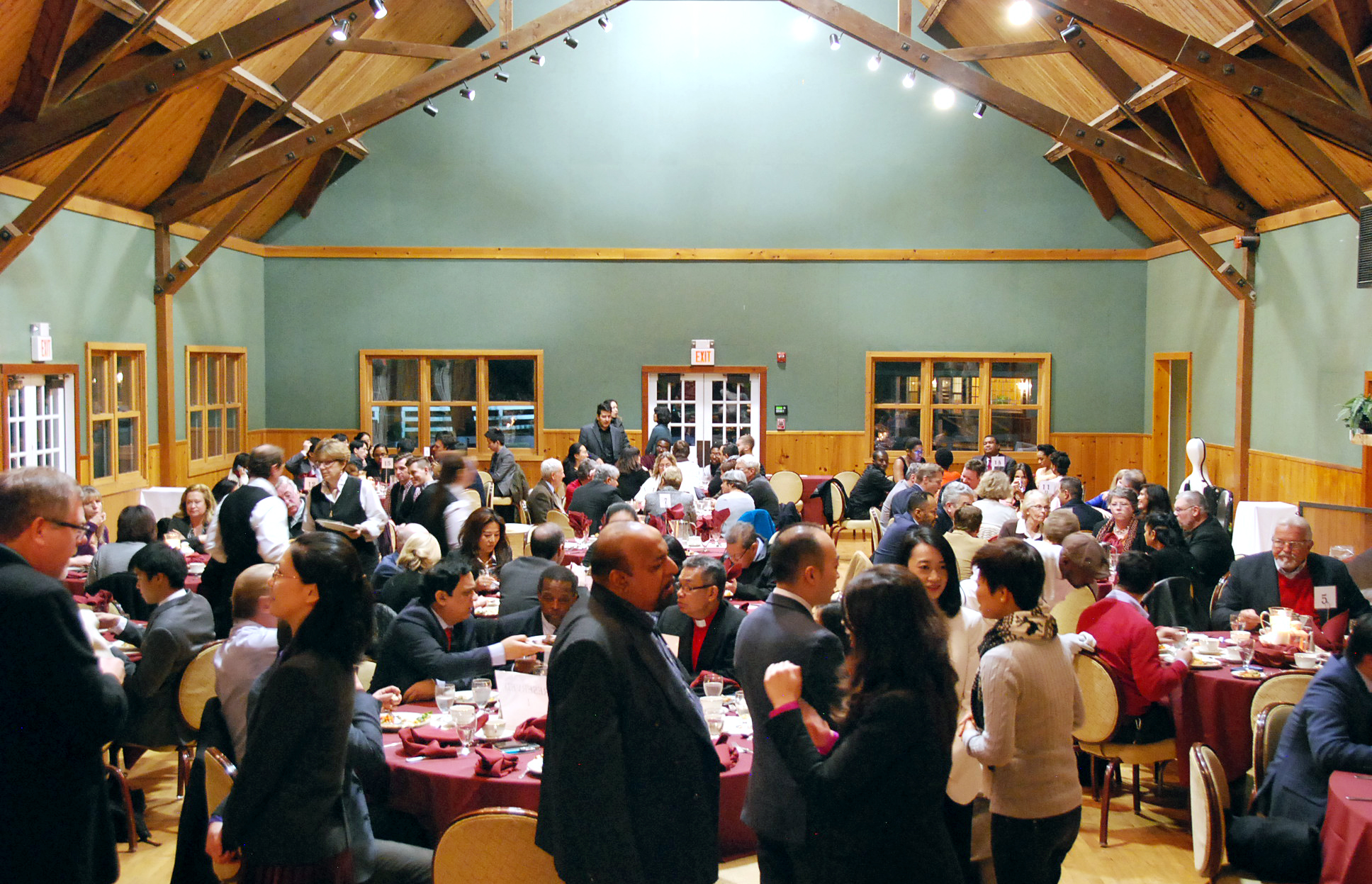
by NZ Christian Network | 16 Jan , 2016 | Media Releases, WEA
Re-posted from WEA – January 16, 2016
On January 15, the World Evangelical Alliance (WEA) celebrated the opening of its new Evangelical Center in Dover, NY, with a ribbon cutting ceremony, inauguration service and dinner. The property that will host international conferences, meetings, and training programs is located in the vicinity of New York City, where WEA has its General Office, and serve as center for evangelicalism worldwide.
“As one of the three world church bodies, we serve more than 600 million evangelicals in 129 countries,” said Bp Efraim Tendero, Secretary General of the WEA. “The Evangelical Center is God’s gracious provision that enables us to be more effective in fulfilling WEA’s vision of establishing and strengthening Evangelical Alliances around the world.”
“This center will be used by God not only for leadership meetings and events, but also for training national leaders and emerging leaders, so that they can be more effective in their mandate of serving the Church in their respective countries,” Bp Tendero added. “It will have a multiplier effect and be used by God to make a greater impact in fulfilling the Great Commission of discipling all the nations of the world.”
The inauguration ceremony was attended by WEA representatives from various regions, national and local church leaders, and several county and municipal government officials who gave congratulatory remarks. They testified that they see the Evangelical Center as a new beginning for their community and a place where visionary Christ-like leaders will be raised that will bring light locally and worldwide.
First inaugurated in December 2010 in Binghamton, NY, the Evangelical Center now moved to Dover where it offers significantly more space. The property is in partnership with the Olivet Center, a 2500 acre (ca. 10 km2) campus owned by Olivet University, which has been a WEA Global Partner for more than ten years. Plans include a large library of physical and digital resources, a center dedicated to Biblical resources, and IT and data centers to serve the online and data needs of ministries around the world.
“We envisioned this place as a place of synergy. Our global partnership means that we are collaborating on issues that we both feel are very important for advancing our mission of the Great Commission through education for Olivet University and through partners of collaboration with leaders at the World Evangelical Alliance,” said Dr. Tracy Davis, President of Olivet University. “We just think that this is a place that can be a home for that. We want it to be a stronghold where this synergy can expand and have a global impact.”
The WEA is preparing to launch two new onsite training programs this year. In June, the FELlowship program will kick off a first three-months internship program for emerging leaders with a focus on raising the next generation of national Evangelical Alliance leaders. WEA’s regional and national member bodies will be able to send younger leaders from within their organizations to the Evangelical Center where they will receive hands-on experience and training by WEA leaders.
The second program called LEAD Exchange is a mixture of onsite and online training which will combine different courses that the WEA Leadership Institute has previously offered online and in workshops. It is specifically designed to train Evangelical Alliance leaders to be equipped for the unique role they play, and includes workshops and seminars on association leadership, governance, public engagement and more. Further information on both programs will be made available in the upcoming weeks.
Rev. Ndaba Mazabane, Chairman of WEA’s International Council, concluded the inauguration service with a benediction. He thanked God for his provision and prayed: “Please, our loving Savior, lavish Your blessings upon the Kingdom business that will be done at this Evangelical Center. May all who will enter these facilities sense your presence, power and love.”
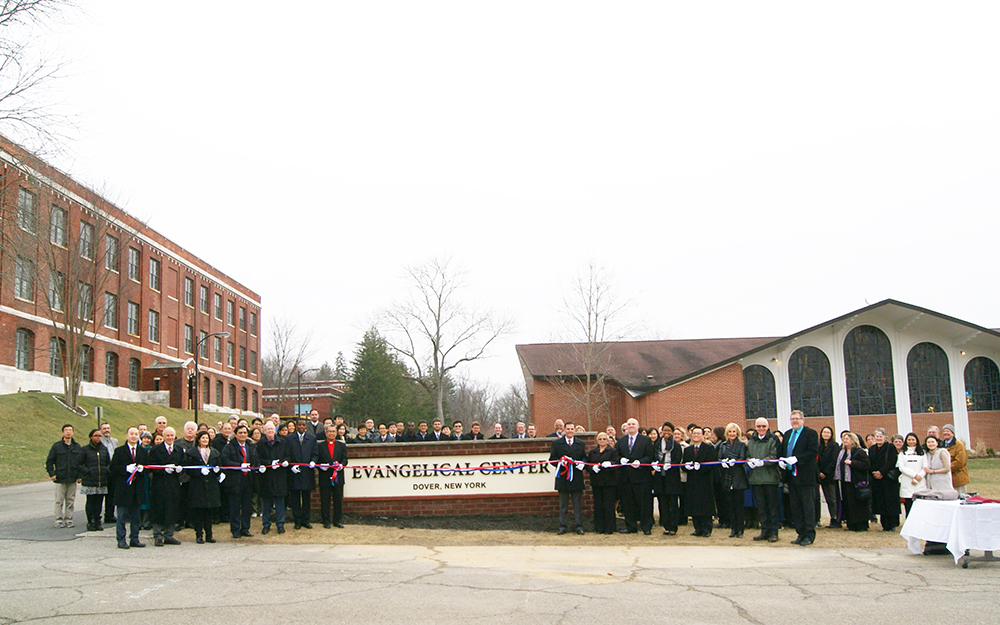
Ribbon-cutting in front of the Evangelical Center.
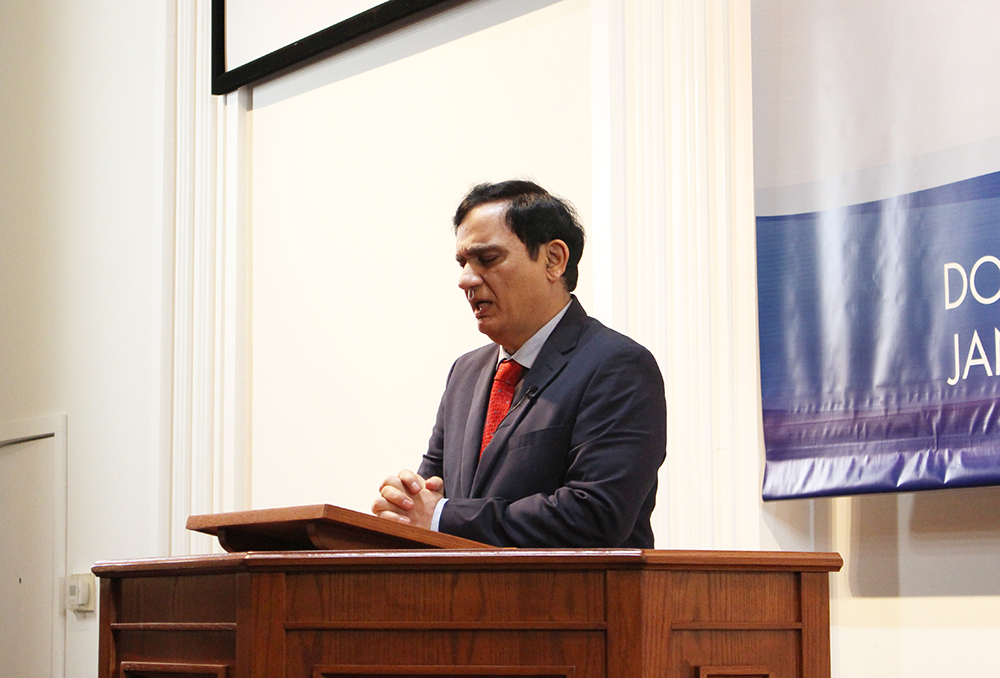
Rev. Dr. Richard Howell, General Secretary of the Asia Evangelical Alliance and the Evangelical Fellowship of India, offering the opening prayer during the inauguration service.
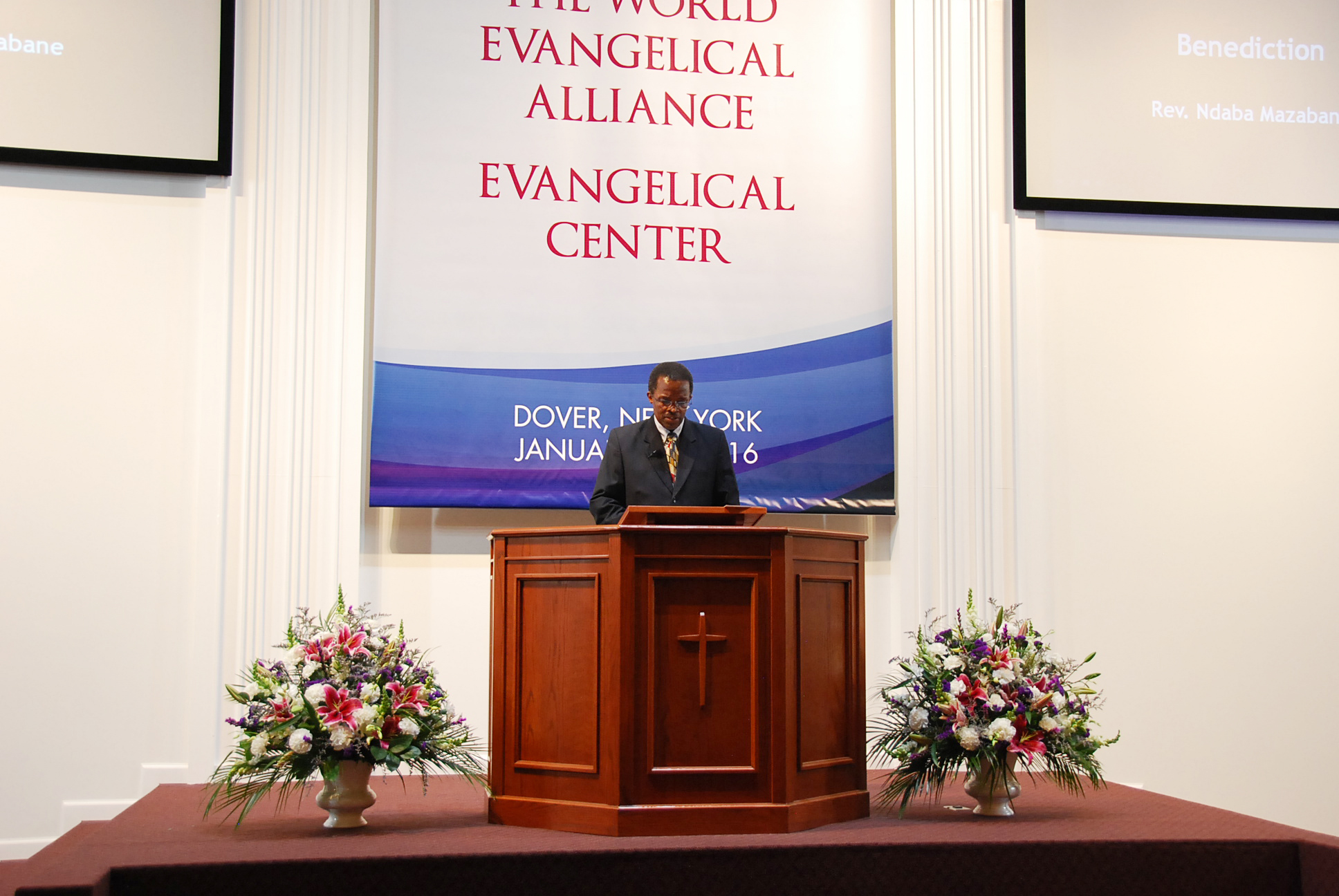
Rev. Ndaba Mazabane, Chairman of WEA’s International Council, gives the benediction.
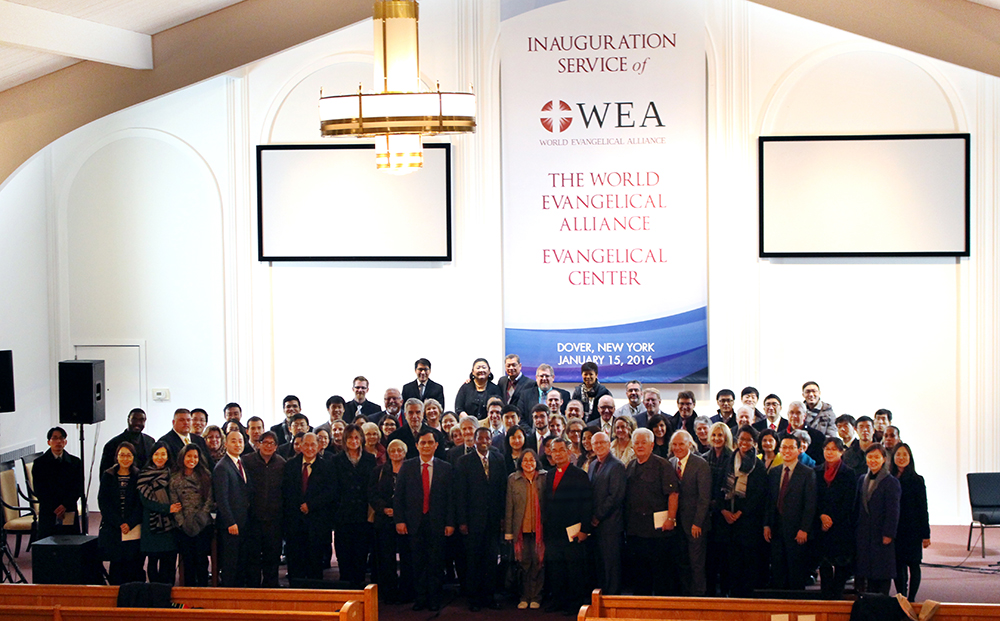
Group photo taken after the inauguration service at Immanuel Chapel.
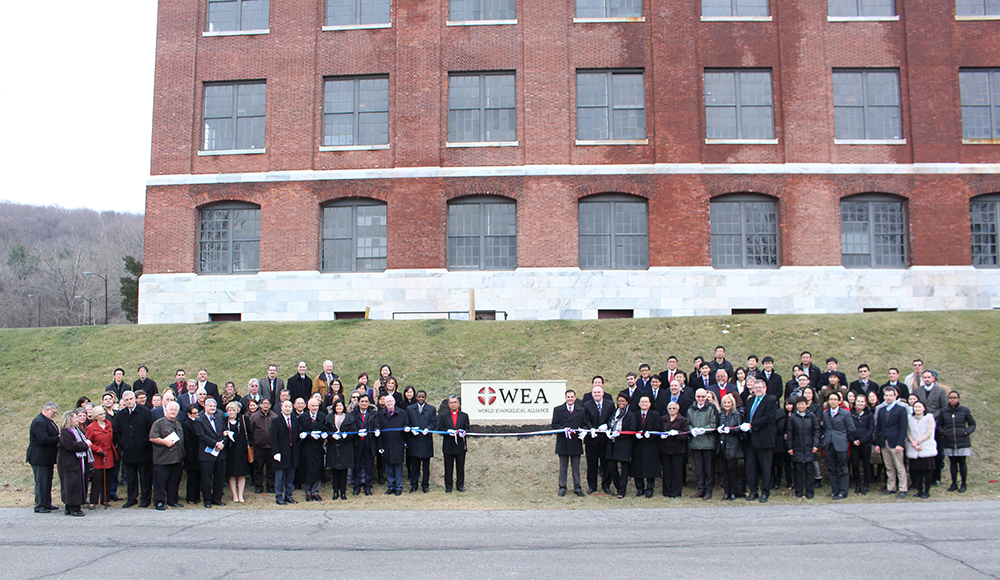
Ribbon-cutting in front of WEA’s administrative building.

Dinner banquet after the inauguration.
###
MEDIA CONTACT:
Timothy K. Goropevsek
Director of Communications
timothyg@worldea.org
+1 212.233.3046 x149
Over two billion Christians in the world today are represented by three world church bodies. The World Evangelical Alliance (WEA) is one of those, serving and representing more than 600 million evangelicals. Launched in 1846 to unite evangelicals worldwide, the WEA continues to be a dynamic movement with 7 regional and 129 national Evangelical Alliances, and over 150 member organizations. WEA’s mission is to speak as a trusted voice, to equip members and leaders for global impact and to connect its members and others for common action in the furtherance of God’s reign. For more info e-mail at wea@worldea.org or go to Worldea.org.
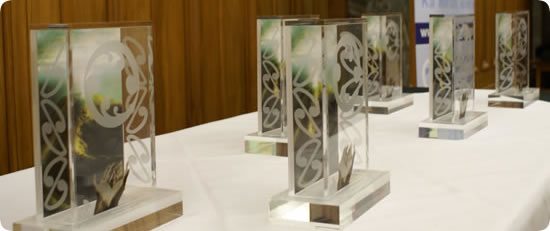
by Glyn Carpenter | 24 Sep , 2015 | NZCN
Church leaders and members of parliament joined with award winners and family members at the 2015 NZ Christian Network Unsung Heroes Awards ceremony at Parliament. The evening was hosted by Chester Borrows (National) and awards were co-presented by Chester Borrows and Su’a William Sio (Labour).
Awards were presented in two special categories (Theology & Arts, and Christian Unity) and the four regular categories (Secularism, Marriage & Family, Value of Life, and Missional Living).
Unsung Heroes trophies artwork creation designed by artist Karen Sewell, Auckland.
The 2015 NZ Christian Network Unsung Heroes Awards go to…
Theology and the Arts (special award)
Bruce and Kathleen Nicholls
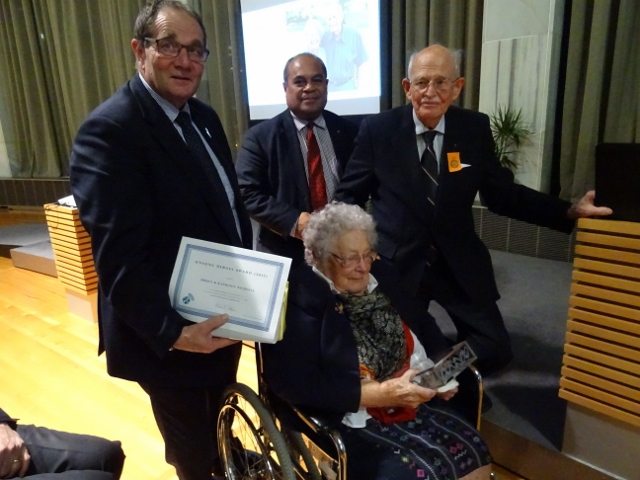
A truly amazing couple who have served in so many ways including, film, publishing, drama, funding, founding theological colleges and Bruce was even the founding director of the WEA Theology Commission!
Bruce and Kathleen were married 62 years ago, and began serving God in India two years later. Bruce has arts and theology degrees from Auckland, London, Princeton, and an honorary doctorate of divinity from Ashland, Ohio. Kathleen is an Associate of the London College of Music, and a Licentiate of Trinity College London in speech and drama.
They taught theology, English, speech, and communications at the Union Biblical Seminary in India from 1955 to 1973.
They pioneered a research community in New Delhi relating theology and communications in the context of Indian culture.
They founded a publishing company and made films for national TV.
Bruce arranged interest-free loans for small-scale industries. Kathleen took Christian dramas to the villages, cities and military camps of central India.
They have both authored and edited numerous books including Kathleen’s Asian Arts and the Christian Hope which was recognised at a World Book Fair, and the journal Bruce founded Evangelical Review of Theology. Bruce continues as the editor of the 50-volume Asia Bible Commentary series, written by Asian, Middle Eastern and South Pacific scholars.
Bruce was the co-founder of the Asia Theological Association in 1970, which now coordinates up to 250 theological colleges across Asia and the Middle East. He regularly travels internationally promoting these works.
Bruce was the founding director of the Theological Commission of what is now called the World Evangelical Alliance from 1975 – 1992, the world body which we are part of. Kathleen was a director of the International Christian Media Commission for the same body and Lausanne for 6 years from 1986.
Bruce was ordained in India by the Bishop of Delhi, and pastored a Hindi congregation for the Church of North India. His ordination is recognised in Anglican and Presbyterian churches in New Zealand.
They are inspirational, they’re even on Wikipedia, and they are our Unsung Heroes in Theology and the Arts.
Christian Unity (special award)
Richard Waugh

A man committed to Christian unity – chairman of the Auckland Church Leaders and National Church Leaders groups.
Richard Waugh is a man who is committed to Christian unity.
Since he began full-time ministry in the early 1980s he has always been involved in ministers associations and combined church events in the Manawatu, Henderson, and the Howick – Pakuranga area.
He chaired the Henderson Ministers Association from the early 1990s and later, when he moved to East Auckland, the Howick Ministers Association from the mid-1990s.
He was the founding chairman of the new Howick-Pakuranga Ministers Association with 45 churches in 1997. Since 1996 he has organised the annual combined churches Easter Sunrise service on Howick’s Stockade Hill.
In 1996 he helped launch ‘The Walk to Emmaus’ inter-church movement in New Zealand promoting three-day retreats for spiritual renewal.
He was a Founding Trustee of the Daystar ecumenical newspaper from 2001, and served on the Board of Management for several years, and was a Founding member of Vision Network of New Zealand (now New Zealand Christian Network) from 2002.
He speaks regularly at church conferences such as Congregational Union Annual Assembly, Baptist Church Planters Conference, Alpha Leaders Conference, and was a guest speaker at the annual NZ Police Remembrance Day Service.
In 2009 he helped establish the annual Stream Theological Symposium involving Wesleyan Methodist, Church of the Nazarene, and the Salvation Army.
Since 2009 he has chaired the Auckland Church Leaders Meeting and in early 2012 he was elected chairman of the National Church Leaders Meeting. He is now the longest serving church leader on NCLANZ!
He has been proactive in widening the membership of the group and helped prepare a strategy report and new directions for the meeting.
For the Bicentenary of Christianity in New Zealand he was appointed to the 2014 planning group and was involved in planning some of the key events culminating in national services in December 2014.
Secularism
Ron Hay
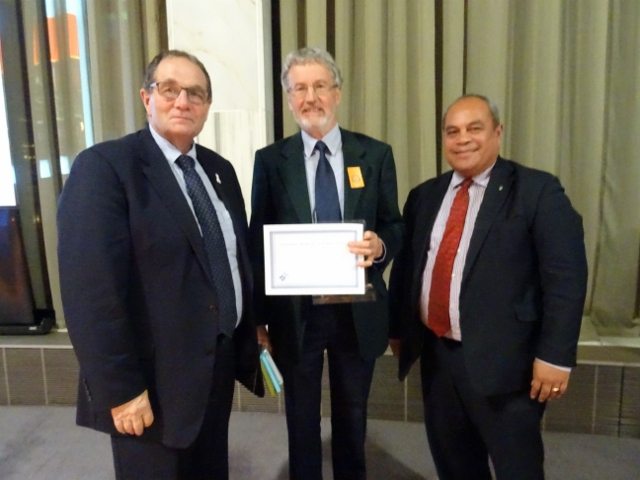
A secondary school English teacher before becoming an Anglican minister and vicar of Sumner-Redcliffs Parish in Christchurch before retiring early to devote time to writing. His passion is explaining faith matters in ways that make sense.
The Secularism award this year goes to a man who was a secondary school English teacher before becoming an Anglican minister. He was vicar of Sumner-Redcliffs Parish in Christchurch before retiring early to devote time to writing. His passion is explaining faith matters in ways that make sense.
He has contributed a number of articles on faith and public issues to the secular media, especially the Christchurch Press where he had a regular column for a time. He is a member of New Zealand Christian Network’s focus group on secularism.
His recent book titled Finding the Forgotten God: Credible Faith for a Secular Age, was published by DayStar Books, and sold 1500 copies in its first six months.
Last month it won the Ashton Wylie Literary award in the Mind Body Spirit category – a rare feat for a Christian book.
It is a book which explains Christian faith in a way that will be comprehensible to anyone who genuinely wants to know what the Christian faith is about.
The book explains why the Christian message is referred to as “good news” and deals with complex questions such as the problem of suffering, the challenges of other religions, the relation of science and faith, and the arguments of the “new atheists”.
There is also a chapter of personal stories of Kiwis who have come from non-faith to faith in adulthood.
Response to the book has been overwhelmingly positive from both believers and non-believers, leaders and grass-roots alike.
He now spends much of his time travelling and speaking about themes from the book in churches around the country.
He is NOT receiving one of the book prizes this evening, because he is the man who wrote it!
Marriage and Family
Cliff and Indranee Reddy, Te Whakaora Tangata Trust
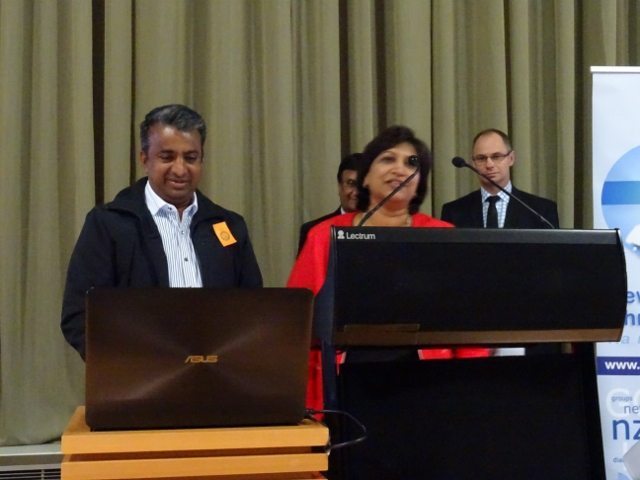
They moved from South Africa 15 years ago and established the Te Whakaora Tangata Trust in 2010. Te Whakaora Tangata means life restoration for the people.
The Marriage and Family award goes to a couple who moved from South Africa 15 years ago and established the Te Whakaora Tangata Trust in 2010. Te Whakaora Tangata means life restoration for the people.
The Trust, based on Manurewa Marae, allows them and their nine staff to work with families in the Clendon community, an 80 percent Maori and 20 percent Pacific demographic, and is one of Auckland’s most disadvantaged communities, known for its cycles of domestic assault, drug abuse and gang violence.
They are able to develop trust with people in the community because, inspired by their faith and their own life experiences, they love people just as they are.
They don’t preach to people. They awaken a desire in people to want to move forward and break down the barriers that have been there for years.
Te Whakaora Tangata’s approach is about seeing the bigger picture, not just the individual.
There is no charge for their services, and they are generous with their time. Time spells love for many people.
They believe that money is not always the problem and that the government does not have all the answers but that the answers lie within the community.
Manurewa Marae manager Mary-Ann Harris from Ngapuhi says that the work these people do is transforming the lives of families in the community … They have a passion that is rare and special, and they share the marae’s values of addressing root causes of issues.
She says “They fit well into the marae because the marae is about holistic wellbeing for the community … Our belief is that if we can heal the family, and find the issues within, then that whole family can be healed and the individuals have a much stronger support unit,”
While their work is emotionally taxing they get fulfilment from seeing the change in people’s lives.
Cliff and Indranee Reddy
Value of Life
John Kleinsman
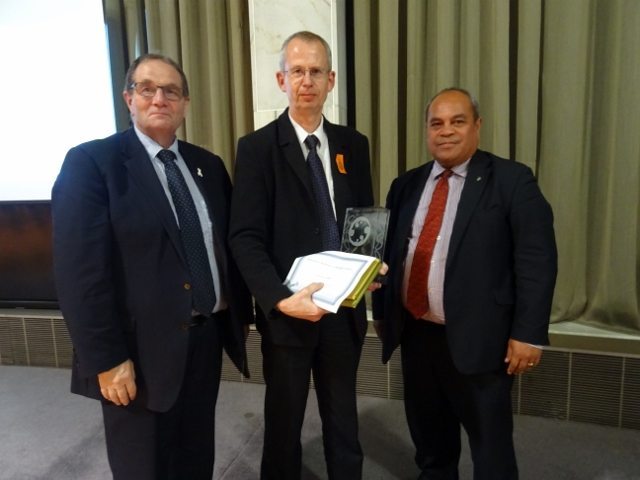
A man with decades of experience working in drug and alcohol rehabilitation and for IHC, lecturer in theology and ethics, member of a number of committees and author of a number of papers.
The 2015 Value of Life award goes to a man who worked in drug and alcohol rehabilitation before moving in 1988 to IHC where he held several roles including:
- child and family support worker with responsibility for mainstreaming children with intellectual disabilities into pre-school centres
- manager of vocational services for adults with intellectual disabilities
- residential support services manager for people living in IHC Care
- Branch Manager IHC Southland
In 1998 he became a lecturer in theology and ethics for Wellington Catholic Education and later The Catholic Institute, a position he still holds.
He was a researcher for The Catholic Bioethics Nathaniel Centre from 2001 writing regularly on a wide range of topics. In 2010 he became Director of the Centre, and in 2013 he also became the Director of Research and Advocacy for The Catholic Institute.
He is a member of the Families Commission Ethics Committee, the ACC Ethics Research Committee, and the Laura Fergusson Trust Advisory Committee. He also served as a member of the Central Region Health and Disability Research Ethics Committee from 2001 to 2009.
In 2013 he completed his PhD on the topic of the impact of assisted human reproductive technologies on society’s perception of responsible parenthood.
He has written papers and articles on numerous subjects including: euthanasia; the common good and bioethics; research ethics and the social media; and drug policies in schools.
He is heavily involved in the current euthanasia debate, through public lectures and debates, writing for newspapers; helping establishing the Care Alliance Trust, which was a key voice in the recent High Court Case; and providing an affidavit on behalf of the Crown in that Case.
He works closely with other life groups in New Zealand, Christian and secular, to promote respect for unborn life and to ensure that the intrinsic dignity of the human person is reflected in our laws surrounding abortion.
Missional Living
May Mackey
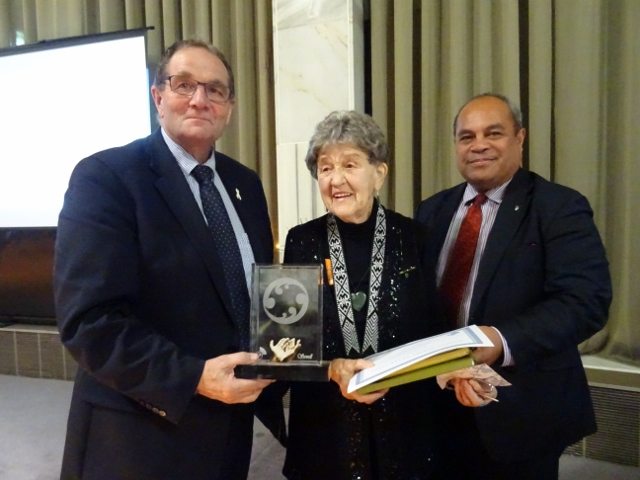
Retiring at the age of 95, May has worked with some of the country’s most high profile prisoners, and in units including maximum security for more than 30 years!
The Missional Living award goes to a woman who knows something of life’s pain. In 1960 she married Wally Chalmers, a police officer and Presbyterian Church member. They adopted two children but within three years Wally had been shot in an incident that led to the formation of the Armed Offenders Squad.
In 1968 she married Dave Mackey, from Tainui, an ex-United Maori Missions boy, who was farming in the Waikato. In 1982 they attended the induction of a Presbyterian Prison Chaplain at Mt Eden Prison and that was how she got started in prison ministry.
For over 30 years she has worked with some of the country’s most high profile prisoners, and in units including maximum security. For the last 20 years, she has made weekly visits to offenders at Auckland Prison and Auckland Region Women’s Corrections Facility.
She started visiting other facilities through the Kaiwhakamana programme which seeks to give Kaumatua greater access, and support, to Maori prisoners.
She says that she does not go to talk religion as there is no need to. She goes as a friend. The prisoners know… if they’ve got a need, they create the opportunity to talk.
She says what motivates her is the message of redemption which changed her own life. She says that with all due respect to the help the men get from psychologists, programmes, and so on, I know our message of redemption is the absolute. It’s the only answer.
This year at age 95 she made her final round at Paremoremo Prison. In her own words:
“I believe the input I make in providing an ear for them, and not judging them, and encouraging them that there can be a better future, can make a difference,” she says. “They are special to me and this is why I had to do a little swansong and visit everyone for one last time. My legs are getting tired!”
Prisoners call her Aunty


